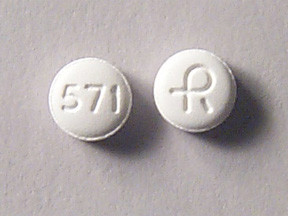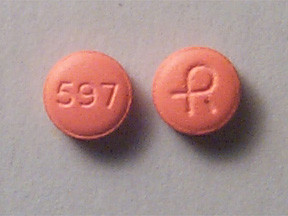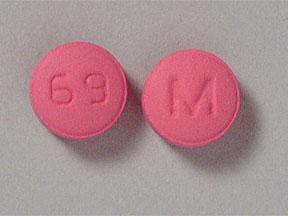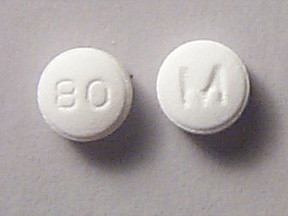INDAPAMIDE - ORAL
PHONETIC PRONUNCIATION: (in-DAP-a-mide)
COMMON BRAND NAME(S): Lozol
GENERIC NAME(S): indapamide
Uses
USES: This medication is used to treat high blood pressure. Indapamide is also used to reduce extra fluid in the body (edema) caused by heart failure. Lowering high blood pressure helps prevent strokes, heart attacks, and kidney problems. Indapamide belongs to a class of drugs known as diuretics/"water pills." It works by causing you to make more urine. This helps your body get rid of extra salt and water. This can lessen symptoms such as shortness of breath or swelling in your ankles or feet.
How to use INDAPAMIDE - ORAL
HOW TO USE: Take this medication by mouth with or without food as directed by your doctor, usually once daily in the morning. If you take this drug too close to bedtime, you may need to wake up to urinate. It is best to take this medication at least 4 hours before your bedtime. The dosage is based on your medical condition and response to treatment. Take this medication regularly in order to get the most benefit from it. To help you remember, take it at the same time each day. Keep taking this medication even if you feel well. Most people with high blood pressure do not feel sick. It may take up to several weeks before you get the full benefit of this drug. If you also take certain drugs to lower your cholesterol (bile acid-binding resins such as cholestyramine or colestipol), take indapamide at least 4 hours before or at least 4 hours after these medications. Tell your doctor if your condition does not get better or if it gets worse (your blood pressure readings remain high or increase).
Side Effects
Precautions
Interactions
Overdose
Images
Reviews
Faq for INDAPAMIDE - ORAL
Indapamide is an oral medication that is commonly used to treat high blood pressure (hypertension). It is also used to reduce excess fluid in the body caused by conditions such as heart failure or kidney disease.
Indapamide belongs to a class of drugs called diuretics, specifically a thiazide-like diuretic. It works by increasing the production of urine and reducing the fluid and salt retention in the body, leading to a decrease in blood pressure.
Indapamide is usually taken once a day, with or without food. It is important to follow your doctor's instructions regarding dosage and timing. Taking it in the morning is generally recommended to prevent frequent urination during the night.
Some common side effects of Indapamide include mild dizziness, headache, stomach upset, constipation, or ongoing gum/mouth sores. These side effects usually resolve on their own, but if they persist or worsen, it is important to consult your doctor.
It is essential to inform your doctor about all the medications and supplements you are taking, as they may interact with Indapamide. Some medications, such as nonsteroidal anti-inflammatory drugs (NSAIDs), lithium, or certain blood pressure medications, may interact negatively with Indapamide.
Yes, Indapamide can cause low potassium levels (hypokalemia). It is important to have regular blood tests to monitor potassium levels while taking this medication. If you experience symptoms like muscle weakness, irregular heartbeat, or severe fatigue, consult your doctor immediately.
Indapamide can increase urination, potentially leading to dehydration. It is important to drink plenty of fluids while taking this medication, especially during hot weather or intense physical activity.
Indapamide is generally not recommended during pregnancy or while breastfeeding. It is crucial to consult your doctor if you become pregnant or plan to become pregnant while taking this medication.
The effects of Indapamide can vary between individuals. It may take several weeks for the full benefits of the medication to be noticeable. It is important to continue taking it regularly, even if you feel well.
Disclaimer
IMPORTANT: HOW TO USE THIS INFORMATION: This is a summary and does NOT have all possible information about this product. This information does not assure that this product is safe, effective, or appropriate for you. This information is not individual medical advice and does not substitute for the advice of your health care professional. Always ask your health care professional for complete information about this product and your specific health needs.




No Reviews Yet